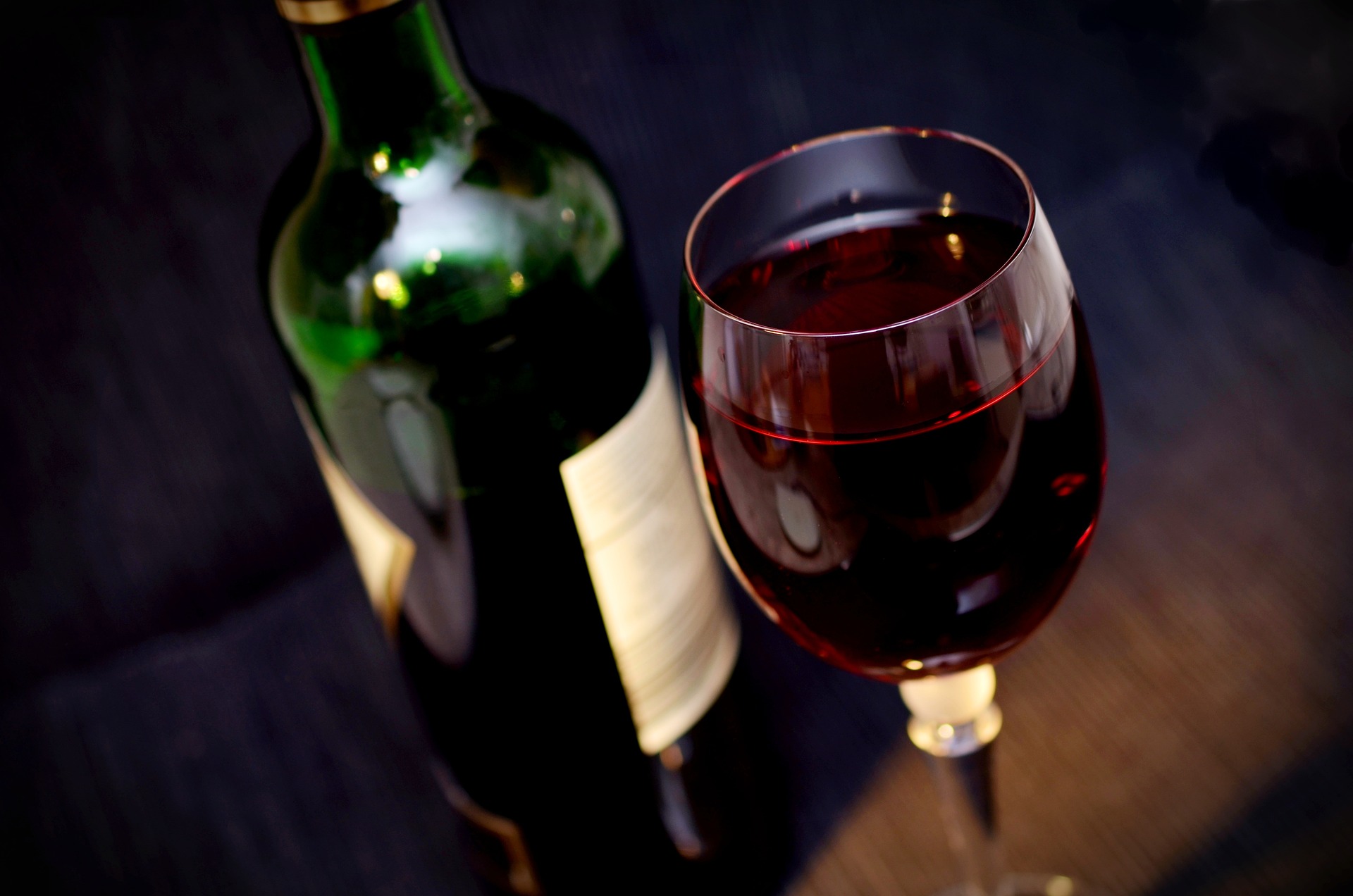Grand cru is an asset class that does not suffer from market turbulence. They represent a profitable patrimonial investment provided that you are well advised and have money.

“In 2022, the benchmark wine index, Liv-ex 1000, rose by 15%,” notes Denis Houlès, founder and CEO of 1275 Collections, a company that builds and manages collections of fine wines for private clients.
The SMI, the Swiss stock market’s leading index, has lost more than 16% since the beginning of the year. “The wine market is uncorrelated with all other financial and commodity markets. Its only correlation is with the number of millionaires: the more millionaires there are, the more prices rise,” adds Denis Houlès. To benefit from this decorrelation, you have to invest in grands crus, which represent less than 1% of total wine production. The supply cannot adapt to the growing demand. Especially since climate change is constraining the production of grands crus.
Investing in land or in a cellar?
There are many ways to invest in wine – with a view to wealth and not just for drinking. Small investors can buy stocks or ETFs that track the performance of companies with exposure to the wine sector. However, this exposure is only partial, as wine is only a tiny part of a portfolio of businesses, such as luxury groups. These stocks are more resilient than others to downward stock market cycles and are less volatile.
For direct exposure, other solutions exist, but are not available to all investors. One of them is to invest in land, either by acquiring a vineyard or a share of a wine estate. In the first case, “you have to be a billionaire before you can expect to be a millionaire,” explains Jean-Louis Mercier, president of Atlanterra Agriculture Durable, an investment consulting firm in the agricultural sector. The average price of a hectare of vines is about 148,000 euros in France, and falls to 72,500 euros per hectare of vines excluding Champagne. For a share of an estate, the entry tickets remain high, at least 20,000 euros. Yields vary from 1 to 4% per year depending on the region in France, and share holders are also remunerated in bottles.
Building up a collection of fine wines allows for more substantial returns on investment. It can be done with or without advisors. The independent wine journalist Pierre Thomas recommends the use of outside help. It allows to smooth out storage costs, to facilitate the diversification of the selection and, above all, to guarantee the traceability of the wines.
For Denis Houlès, this is a major issue at a time when counterfeiters are multiplying: “It is essential for an investor to be sure of the origin of the wines, because this determines their quality. The more a wine has been transported and manipulated, as is too often the case on the secondary market, the greater the risk of eroding its quality and potential. On the other hand, a wine that can be traced and preserved according to the rules of the art will sell for a higher price for the same vintage. It will generate alpha twice: the one linked to the selection of its name, and the one from the premium linked to the quality of its preservation.”
A long-term investment
A collection requires 100,000 francs, which can be invested in several tranches of 25,000 francs. These large sums are justified by the target, only great wines, and by the need for diversification. The average purchase price of the wines in the portfolios of 1275 Collections’ clients is in the range of 200 to 300 francs a bottle. They have risen by 8.7% per year over the last fifteen years. The company’s management fee is 1.8% per year. They cover all costs – transport, storage, tracing, etc.
You have to be patient. The holding period must be at least seven to ten years. According to Denis Houlès, investing in wines is very similar to investing in private equity. Both involve real assets that increase in value over the years. The secondary market for wine is a bit more liquid. The big difference is that investors in fine wines are amateurs for whom the objective of profitability comes second to their passion. They are aware that “the great wines of today are treasures of humanity that will become scarcer with climate change. They can only increase in value. In twenty or thirty years, they will be impossible to find”, concludes the founder of 1275 Collections.
——————————————————
Article by Le Temps – Anne Barat
